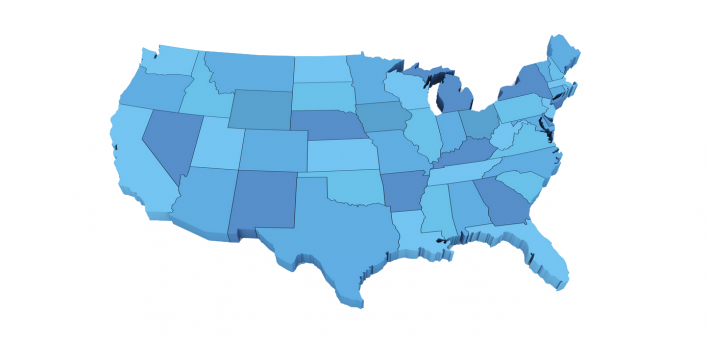In 2021, for every new HIV diagnosis among Black people in the South, there were four Black people taking PrEP to prevent HIV. In contrast, for every new HIV diagnosis among white people in the South, there were 27 white PrEP users.
This is just one data point highlighted on AIDSVu.org that illustrates the disparities in HIV prevention. AIDSVu, which organizes HIV data into graphs and interactive maps, recently updated its data on the use of PrEP (pre-exposure prophylaxis) according to race and ethnicity at the state level. PrEP refers to the daily pills and long-acting injectables that prevent a person from contracting HIV.
AIDSVu’s update includes data from 2022 and shows that PrEP use has continually increased by 56% on average each year since it was approved in 2012, according to an AIDSVu news release. Despite the steady increase in PrEP access and use, the recent data highlighs significant disparities in PrEP uptake among Black and Latino individuals and people living in the South.
According to AIDSVu, Black people represented 14% of PrEP users in 2022 but 42% of new HIV diagnoses in 2021. Latinos represented 17% of PrEP users and 27% of new diagnoses.
Puerto Rico, Mississippi, South Carolina and West Virginia had the greatest unmet need for PrEP, according to AIDSVu data, highlighting the need for increased PrEP awareness and access in the South.
In fact, data show that Black people in the South represented 48% of new diagnoses yet accounted for 21% of PrEP users in the region.
When looking at PrEP use by gender in the United States, data showed that among all PrEP users in 2022, 92% were male, and just 8% were female. This disparity is significant, as women made up 18% of new HIV diagnoses in 2021. When pairing these statistics with those pertaining to the South, it appears there is an unmet need for PrEP in Black people in the South, particularly Black women.
Visit AIDSVu.org for sharable infographics based on the latest HIV data as well as interviews with HIV leaders. For a collection of related articles in POZ, click #AIDSVu.







Comments
Comments